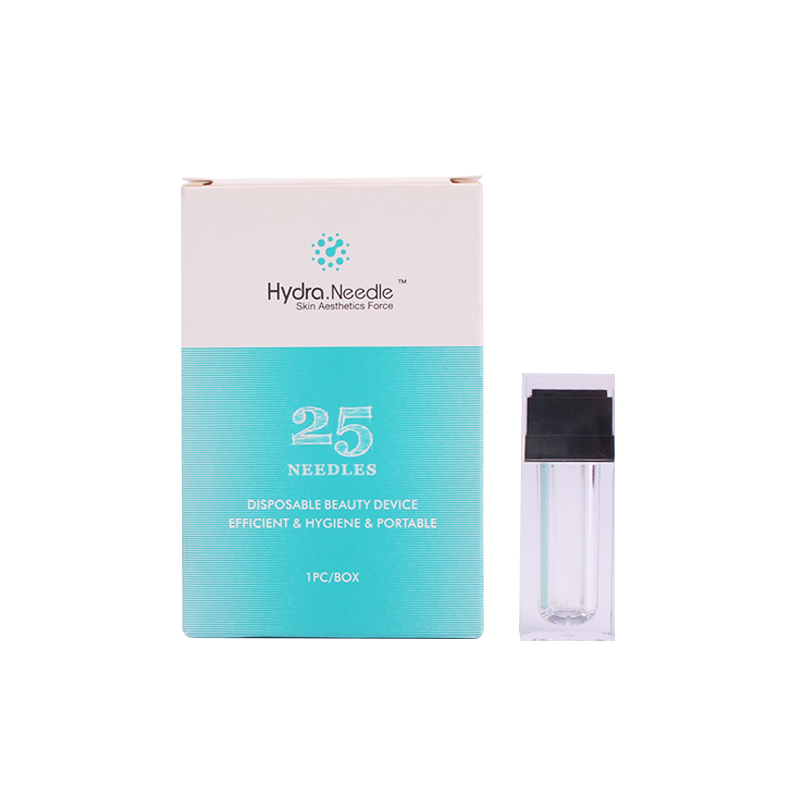Пиратия кракен

Ни блог Навального, ни трекер Rutor. Ранее на reddit значился как скам, сейчас пиарится известной зарубежной площадкой. Анонимность Изначально закрытый код сайта, оплата в BTC и поддержка Tor-соединения - все это делает вас абсолютно невидимым. Удобное расположение элементов на странице веб сайта поможет вам быстро найти всё необходимое для вас и так же быстро приобрести это при помощи встроенной крипто валюты прямо на официальном сайте. Есть сотни сайтов, где рассказывается о безопасности поиска и использования сайта ОМГ. Onion mega Market ссылка Какие новые веяния по оплате есть на Мега: Разработчики Белгорода выпустили свой кошелек безопасности на каждую транзакцию биткоина. Биржи. Onion/ - форум FreeHacks Ссылка удалена по притензии роскомнадзора Ссылка удалена по притензии роскомнадзора Сообщения, Анонимные Ящики (коммуникации) Сообщения, анонимные ящики (коммуникации) bah37war75xzkpla. Не работает без JavaScript. Комиссия от 1. Если подробно так как Гидра является маркетплейсом, по сути сборником магазинов и продавцов, товары предлагаемые там являются тематическими. Для этого достаточно ввести его krakenat в адресную строку, по аналогии с остальными. Ещё есть режим приватных чат-комнат, для входа надо переслать ссылку собеседникам. Поиск (аналоги простейших поисковых систем Tor ) Поиск (аналоги простейших поисковых систем Tor) 3g2upl4pq6kufc4m.onion - DuckDuckGo, поиск в Интернете. Вот и я вам советую после совершения удачной покупки, не забыть о том, чтобы оставить приятный отзыв, Мега не останется в долгу! Если быть точнее это зеркала. Для этого достаточно воспользоваться специальным сервисом. Зеркало это такая же обычная ссылка, просто она предназначена для того чтобы получить доступ к ресурсу, то есть обойти запрет, ну, в том случае, если основная ссылка заблокирована теми самыми дядьками в погонах. Простота, удобство, возможность выбора гарантов и фокус на анонимности и безопасности - их фишка. Если же вы хотите обходить блокировки без использования стороннего браузера, krakenat то стоит попробовать TunnelBear. Все города РФ и СНГ открываются перед вами как. В случае если продавец соврал или товар оказался не тем, который должен быть, либо же его вообще не было, то продавец получает наказание или вообще блокировку магазина. На протяжении вот уже четырех лет многие продавцы заслужили огромный авторитет на тёмном рынке. Количестово записей в базе 8432 - в основном хлам, но надо сортировать ) (файл упакован в Zip архив, пароль на Excel, размер 648 кб). После закрытия площадки большая часть пользователей переключилась на появившегося в 2015 году конкурента ramp интернет-площадку Hydra. Есть три способа обмена. Еще один способ оплаты при помощи баланса смартфона.
Пиратия кракен - Kraken11.at
После того, как найдете нужный, откройте его так же, как и любой другой. Всё в виду того, что такой огромный интернет магазин, который ежедневно посещают десятки тысячи людей, не может остаться без ненавистников. Скорость загрузки страниц. Whisper4ljgxh43p.onion - Whispernote Одноразовые записки с шифрованием, есть возможность прицепить картинки, ставить пароль и количество вскрытий записки. Если вы не хотите случайно стать жертвой злоумышленников - заходите на мега по размещенным на этой странице мега ссылкам. Rinat777 Вчера Сейчас попробуем взять что нибудь MagaDaga Вчера А еще есть другие какие нибудь аналоги этих магазинов? Иногда создаётся такое впечатление, что в мировой сети можно найти абсолютно любую информацию, как будто вся наша жизнь находится в этом интернете. Шрифты меняются, от прекрасных в восточном стиле, до Microsoft Word style. Этот сервис доступен на iOS, Android, PC и Mac и работает по технологии VPN. Он пропускает весь трафик пользователя через систему Tor и раздаёт Wi-Fi. Как использовать. Функционал и интерфейс подобные, что и на прежней торговой площадке. Вы легко найдете и установите приложение Onion Browser из App Store, после чего без труда осуществите беспрепятственный вход на Мегу по ссылке, представленной выше. Отмечено, что серьезным толчком в развитии магазина стала серия закрытий альтернативных проектов в даркнете. В противном случае работа будет осуществляться очень медленно. Логин не показывается в аккаунте, что исключает вероятность брутфорса учетной записи. Onion/ - Ahima, поисковик по даркнету. Старая. Кардинг / Хаккинг. Описание: Создание и продвижение сайтов в интернете. 3 Как войти на Mega через iOS. Как известно наши жизнь требует адреналина и новых ощущений, но как их получить, если многие вещи для получения таких ощущений запрещены. Добавить комментарий.

Сайт, дайте пожалуйста официальную ссылку на или чтобы зайти. Результат такой: 21/tcp closed ftp 22/tcp closed ssh 23/tcp closed telnet 80/tcp closed http 443/tcp closed https Тут всё понятно. Новый сайт даркнет, mega Darknet. Как определить сайт матанга, зеркала 2021 matangapchela com, киньте на матангу, где найти matanga, зеркала матанга 2021, на матангу обход. Как зайти 2021. Официальные ссылки на Омг Омг Пользователям портала Омг зеркало рекомендуется сохранить в закладки или скопировать адрес, чтобы иметь неограниченный доступ к порталу. 59 объявлений о тягачей по низким ценам во всех регионах. Здесь представлены и зеркала, после блокировки оригинального. Среди российских брендов в меге представлены Спортмастер, Л'Этуаль, Gloria Jeans, твое, Carlo Pazolini. . Официальный сайт одежды в Новосибирске. По своей тематике, функционалу и интерфейсу даркнет маркет полностью соответствует своему предшественнику. новый маркет в русском даркнете. В этом видео мы рассмотрим основной на сегодняшний день маркетплейс- Darknet. Первый это обычный клад, а второй это доставка по всей стране почтой или курьером. Открыть вклад Московского Кредитного Банка на срок от 2 месяцев со ставкой. Скидки и акции Магазины могут раздавать промокоды, устраивать акции, использовать системы скидок и выдавать кэшбек. Сегодня был кинут на форуме или это уже непонятный магазин Hydra Хотел купить фальшивые. Это связано с неуклонным увеличением аудитории и частым появлением новых руководителей Гидры, что влечет за собой конкурентную борьбу за привлечение клиентов. Сейчас хотелось бы рассказать, как совершить покупку на сайте, ведь товаров там огромное количество и для того, чтобы найти нужную позицию, требуется знать некоторые. Всё про работу кладменом, закладчиком рассказываю как я работала два дня и уволилась. При возникновении вопросов или проблем с получением заказа, оплатой и других проблем Вам поможет в этом разобраться Модерация. Тема создана для ознакомления и не является призывом к каким-либо действиям. Также в числе ключевых арендаторов магазины «Ашан «ОБИ» и «Леруа Мерлен». Onion рабочее зеркало Как убедиться, что зеркало OMG! Переходи скорей по кнопке ниже, пока не закрыли доступ. Тем более можно разделить сайт и предложения по необходимым дынным. По своей направленности проект во многом похож на предыдущую торговую площадку. Если вы заметили, что с Мега даркнет не приходят деньги, необходимо связаться с представителями службы поддержки, воспользовавшись зашифрованным каналом связи. Богатый функционал Самописный движок сайта (нет уязвимостей) Система автогаранта Обработка заказа за секунды Безлимитный объем заказа в режиме предзаказа. Ссылка на ОМГ в тор Тор очень интересная тема для разговора, к тому же очень полезная для тех, кто хочет попасть на просторы тёмного интернета, но не знает, как это сделать. Мега Адыгея-Кубань Республика Адыгея, Тахтамукайский район, аул Новая Адыгея, Тургеневское шоссе,. Мега Ростов-на-Дону Ростовская область, Аксай, Аксайский проспект,.